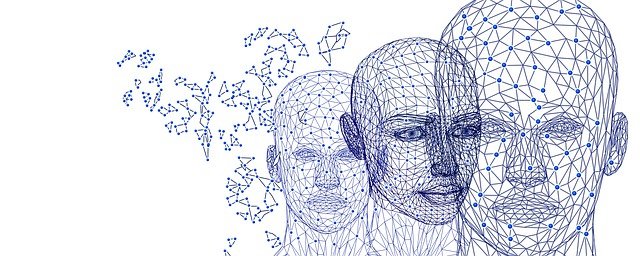From chris-warburton.com

This week many of us across the nation have been on tenterhooks. The big question being, will we receive a ping and have to go into isolation, due to a COVID-related contact and right before we go on holiday.
With rising cases across the UK, and in now other countries across Europe, the stress has been palpable. After a year of changing plans, many of us have been taking things day by day, looking forward to things to keep us going. Next up was the summer holidays….
Hopefully, most folks are able to get away or have a break at least.
Flexible nano-machines
Workwise, I got completely sidetracked during the week by two ideas and their combined implications.
The first was a video on flexible machines via Veritasium (a great youtube channel if you are into sciency stuff btw). It was about how machines can be redesigned rather than having mechanical joints to have ‘bendy’ bits.
The other was an article on new technology using finger sweat to power wearable medical devices.
Why is this interesting? Because flexible machines can be printed. If they can be printed, they can be made anywhere and also be made very small. Very small also means low power requirements, even powered by the human body itself. It is amazing progress, allowing us to create small, self-powered machines to get things done. Nano robots here we come!
At the moment we spend so much time in the digital world, it can be easy to forget that there is a physical world too, and actually getting things done is really quite important.
In reality
The same is true for work. Many advances in digital interaction, data and insight have been wonderful. However, at the end of the line, there is a customer, the ultimate user of services, who also need to get things done or make things happen.
The real-world matters, and our digital processes, at some point, need to translate into making things happen, in reality.
Where this point of transition happens is of course critically important. Too early, time and resources are wasted, too late, opportunities are missed.
So with all the clamour on digitalisation, maybe we need to re-frame our thinking. Rather than digtial replacing physical services completely, we need to think in much more blended terms.
How do our new digital process support the end customer journey to get the right physical output? Not nanomachines, but worth keeping in mind.
Have a good weekend everyone.
Other key stories
- Bank of England warns it could step in to curb rising inflation
- Up to 20 per cent of staff absent from companies after being ‘pinged’ by Covid app
- UK house prices rise by 10% amid stamp duty holiday rush | House prices
- Consumer spending climbs
- Banks urged to remember pressures consumer and businesses face
- Price rises speed up again as economy unlocks
- Pandemic widens the wealth gap
RO-AR insider newsletter
Receive notifications of new RO-AR content notifications: Also subscribe here - unsubscribe anytime

